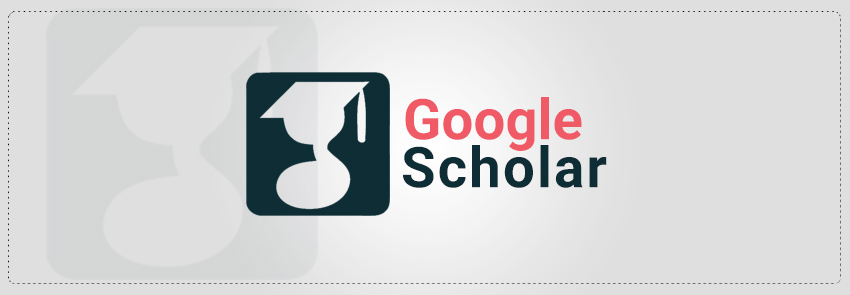Comparison of the Effectiveness of Gottman Couples Therapy and Emotion-Focused Therapy on Relational Covert Aggression in Couples with Emotional Divorce
Keywords:
relational covert aggression, couple therapyAbstract
This study aimed to compare the effectiveness of Gottman couples therapy and emotion-focused therapy on relational covert aggression in couples experiencing emotional divorce. The research employed a quasi-experimental design with a pre-test, post-test, two experimental groups, a control group, and a three-month follow-up period. The statistical population included all couples diagnosed with emotional divorce who sought services at counseling and psychological service centers in Tehran. The research sample consisted of 30 couples (60 individuals), selected through convenience sampling based on inclusion criteria and randomly assigned to experimental and control groups (each group consisting of 20 individuals). The first experimental group received 10 sessions of Gottman couples therapy, while the second experimental group underwent 8 sessions of emotion-focused couples therapy. Data were collected using the Relational Covert Aggression Scale (Nelson & Carroll, 2006). Data analysis was conducted using repeated measures analysis of variance (ANOVA) in SPSS 25. The results indicated that both Gottman couples therapy and emotion-focused therapy significantly reduced relational covert aggression in couples with emotional divorce in both the post-test and follow-up stages. Furthermore, emotion-focused therapy was found to be more effective in reducing relational covert aggression compared to Gottman couples therapy. Overall, the findings of this study highlight emotion-focused couples therapy as a promising and strategic approach for improving relational covert aggression in women experiencing emotional divorce, compared to Gottman couples therapy.
Downloads

Downloads
Additional Files
Published
Submitted
Revised
Accepted
Issue
Section
Categories
License
Copyright (c) 2025 Soha Sadat (Author); Davood Taghvaei (Corresponding Author); Mohammad Mehdi Jahangiri (Author)

This work is licensed under a Creative Commons Attribution-NonCommercial 4.0 International License.







